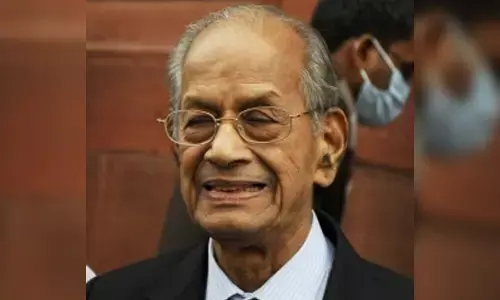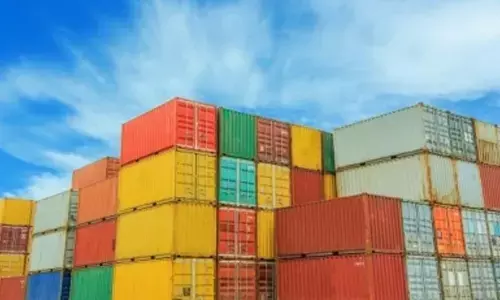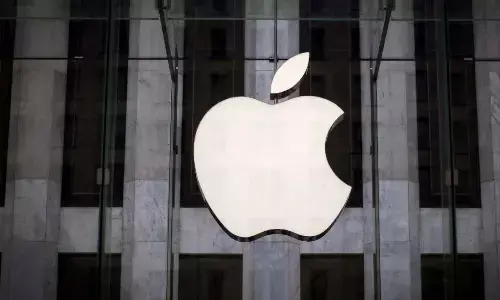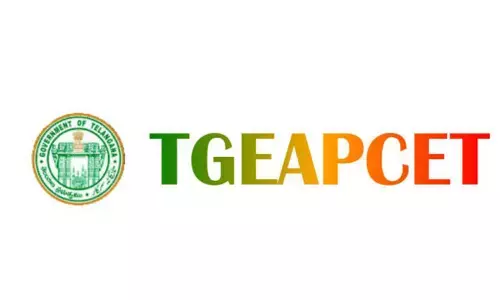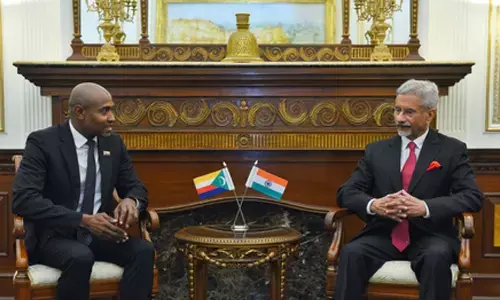Global recession unlikely as yet: Davos leaders
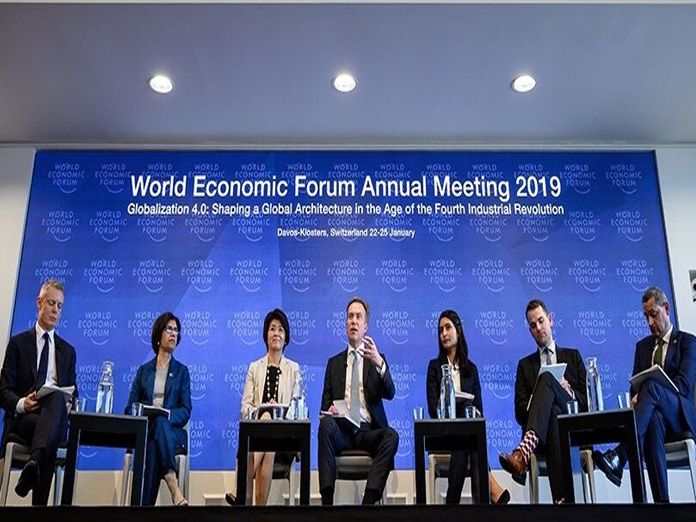
As the world leaders began assembling for their annual powwow here on the Swiss Alps, a gloomy outlook for the global economy weighed on the participants mood but many asserted that it is still not time for a recession On the first day itself, the IMF lowered its global growth outlook and stressed on the need for urgent steps by policymakers and governments to fix the problems in a manner that
As the world leaders began assembling for their annual pow-wow here on the Swiss Alps, a gloomy outlook for the global economy weighed on the participants' mood but many asserted that it is still not time for a recession. On the first day itself, the IMF lowered its global growth outlook and stressed on the need for urgent steps by policymakers and governments to fix the problems in a manner that is inclusive, resilient and collaborative. But IMF Chief Christine Lagarde said the risks still do not indicate any immediate recession.
On Monday, the IMF cut its global growth projections for 2019 and 2020 to 3.5 per cent and 3.6 per cent respectively. Leaders from India felt the time is ripe for the country to present itself as a counter balance to China and continue on its growth path, irrespective of the outcome of elections due in next few months. While many Indian leaders have given the WEF Annual Meeting a miss this time, those present said the main questions they are facing from the world community relates to the elections and whether the Narendra Modi government would return to power.
A survey released by WEF showed that Indian have emerged as the biggest supporters of international aid, while another study by Deloitte said Indian businesses are among the best prepared for the next level of globalisation and industrial revolution. In spite of recent shocks in financial markets, the global economy will continue to expand at a modest rate in 2019, according to new analysis released here by IHS Markit, a world leader critical information, analytics and solutions.
"A 'perfect storm' shook markets in late 2018," IHS Markit Chief Economist Nariman Behravesh said. "Slowing global growth, the gradual removal of monetary accommodation, the China-US trade conflict and US government shutdown all contributed to the recent rout.
However, it is important to note that the stock market is not a reliable predictor of recessions, and the probability of a recession in 2019 remains low," he added. Global growth is expected to increase at a rate of 3.0 percent in 2019 and 2.8 percent in 2020, below the rates seen in 2017 and 2018, but still in-line with trend, IHS Markit analysis said. Behravesh said the WEF attendees will be anxious about financial turmoil and the potential damage from fallout over US policies such as the simmering trade conflict between the US and China and the US government shutdown.
"However, US companies will be more upbeat, compared with European and Chinese companies – especially those in the manufacturing sectors – as US business conditions remain the strongest among the G7 nations.
The mood of Chinese delegates is likely to be quite somber," Behravesh said. The IHS Markit analysis concluded that policy mistakes, especially regarding trade, continue to be the biggest threats to global growth in 2019 and beyond. Rising political uncertainty is also likely to negatively impact growth.
- Barun Jha








